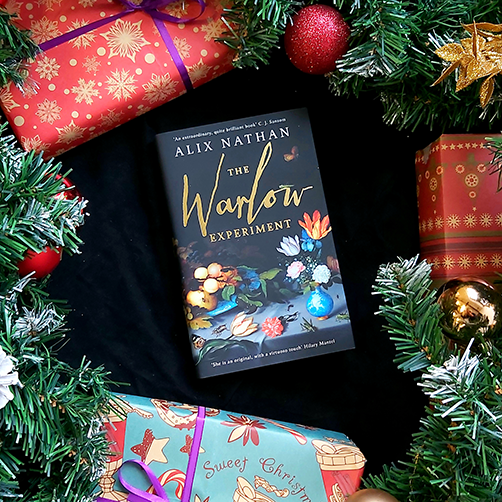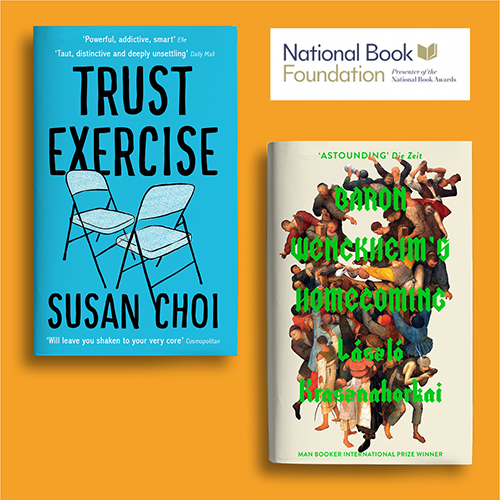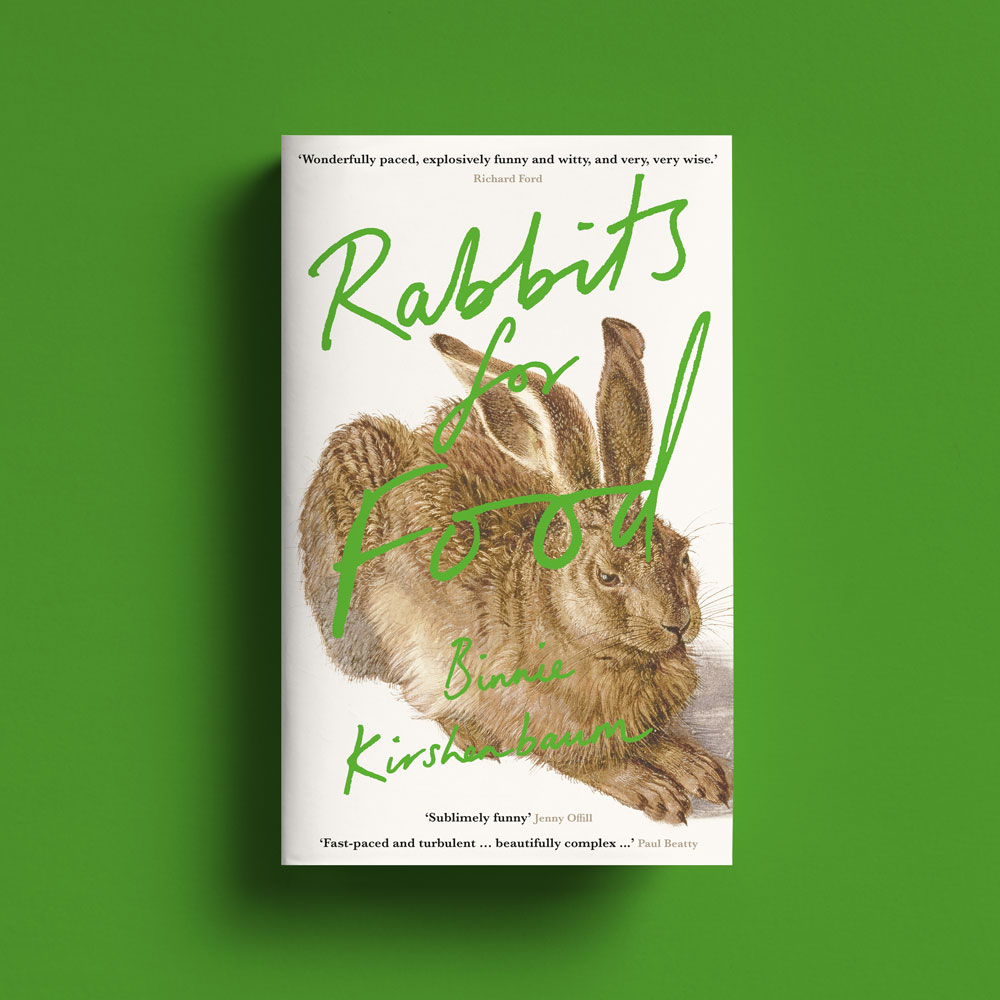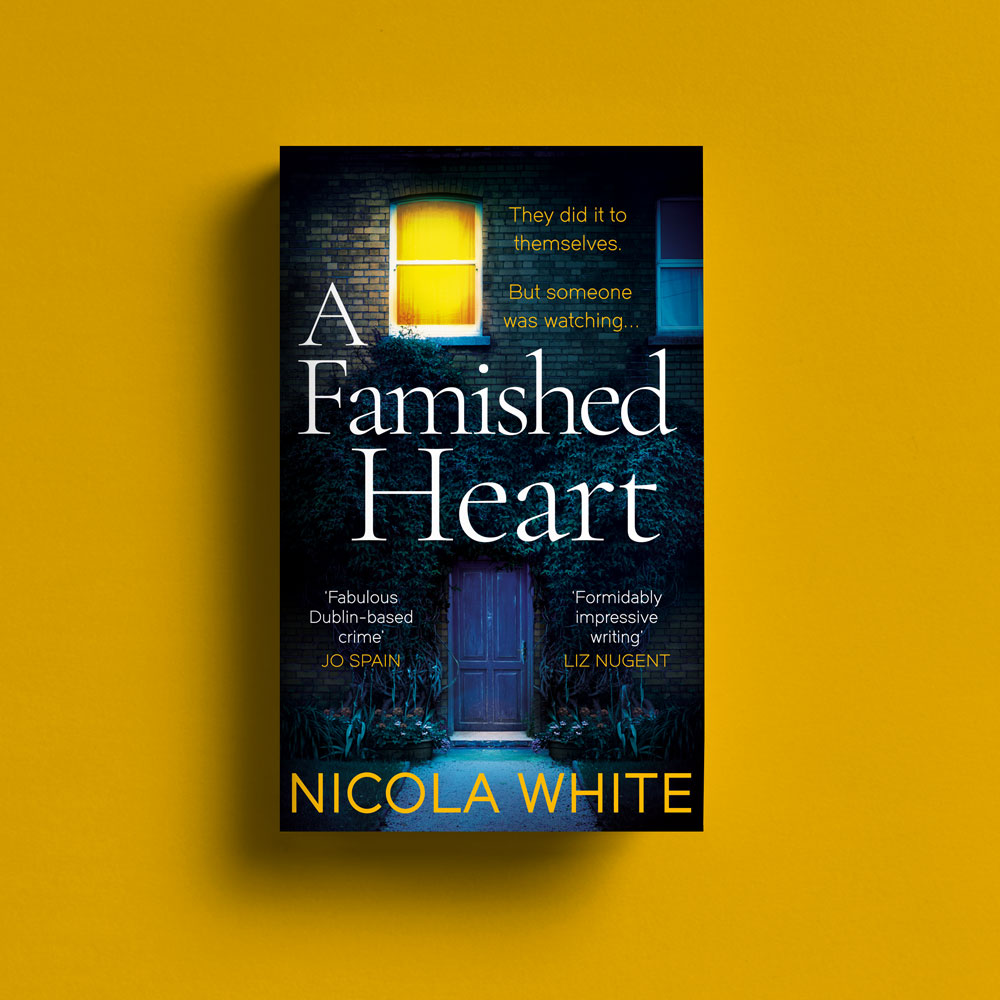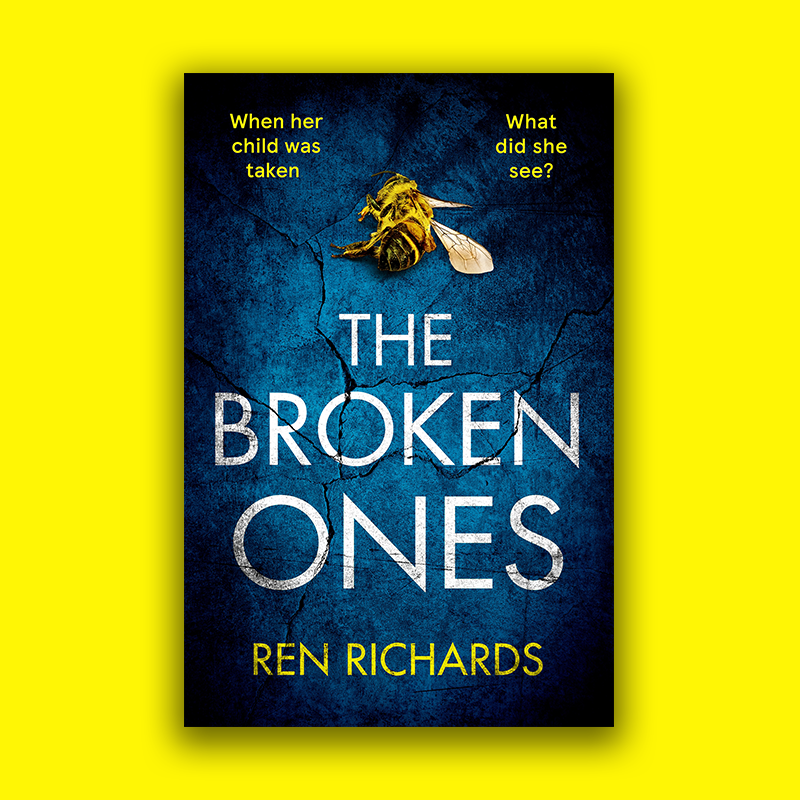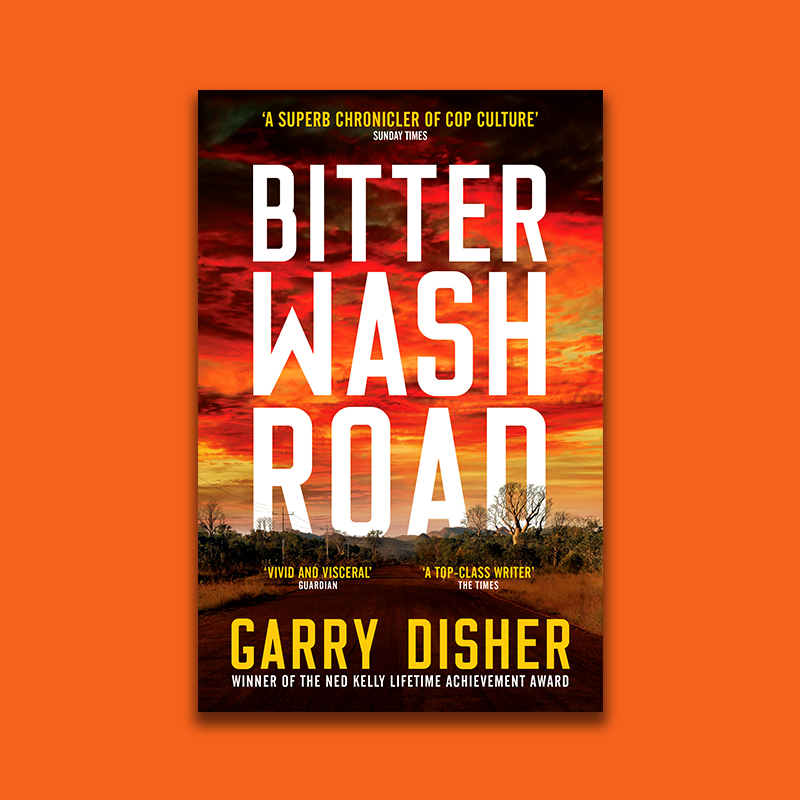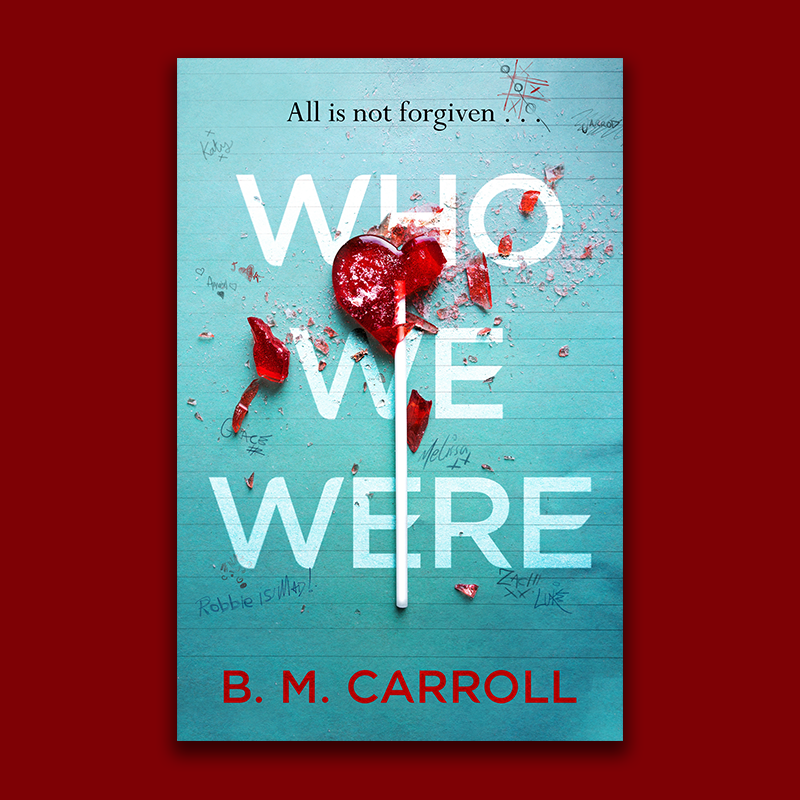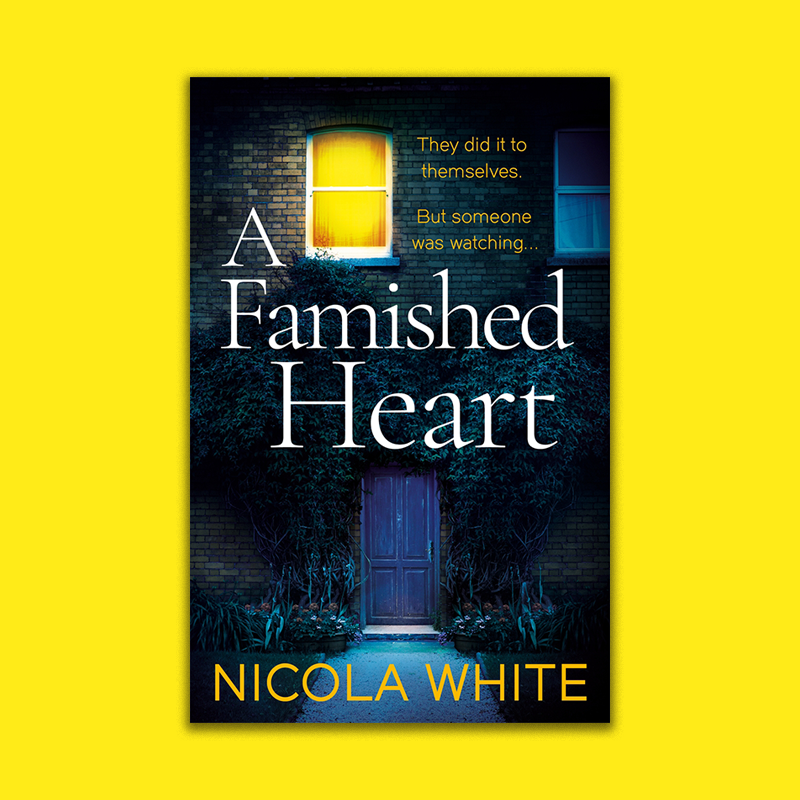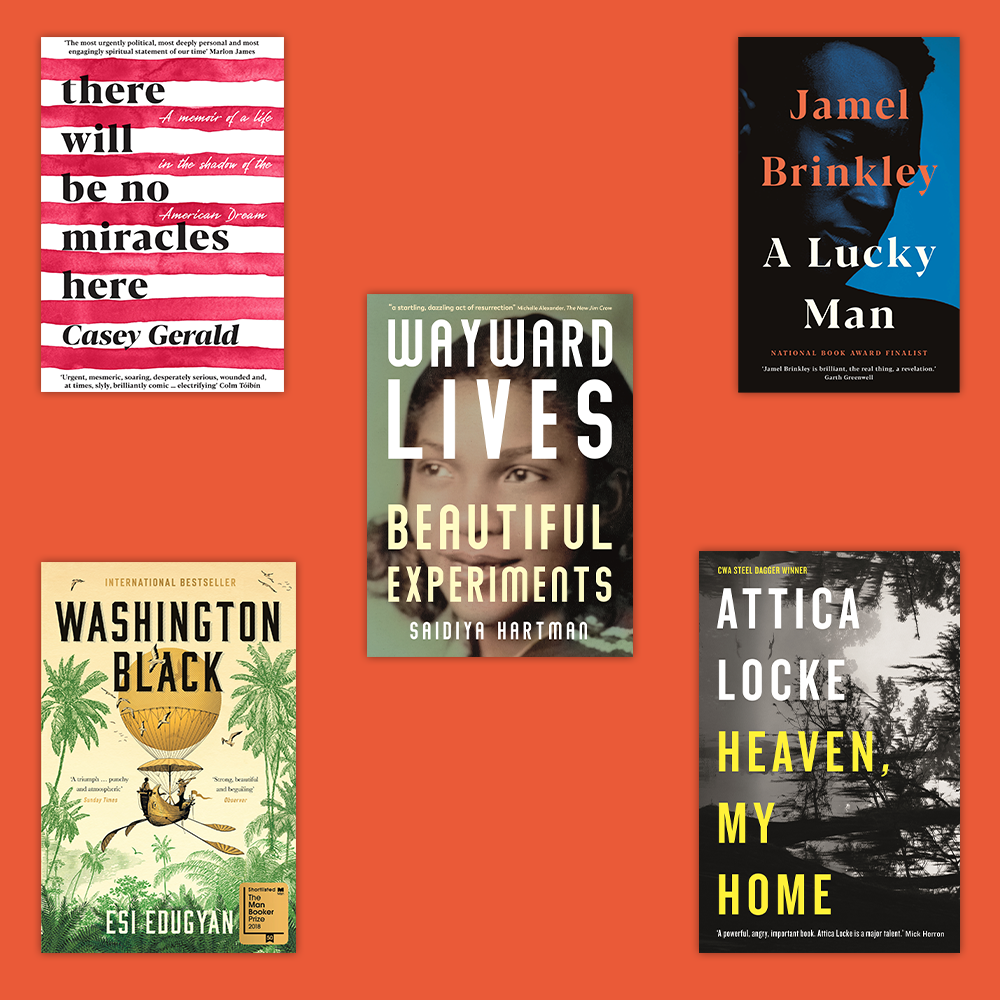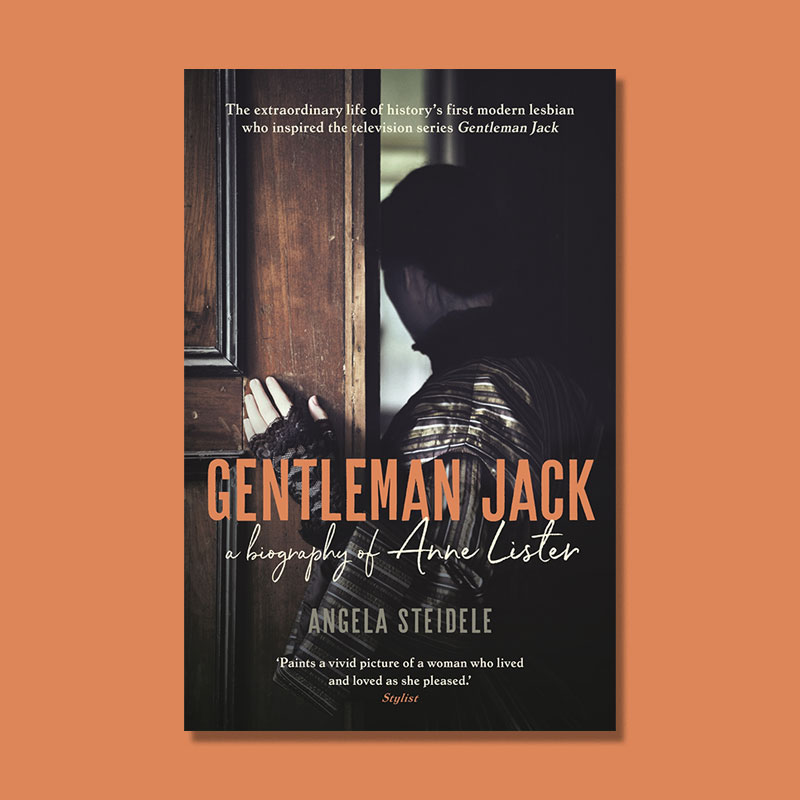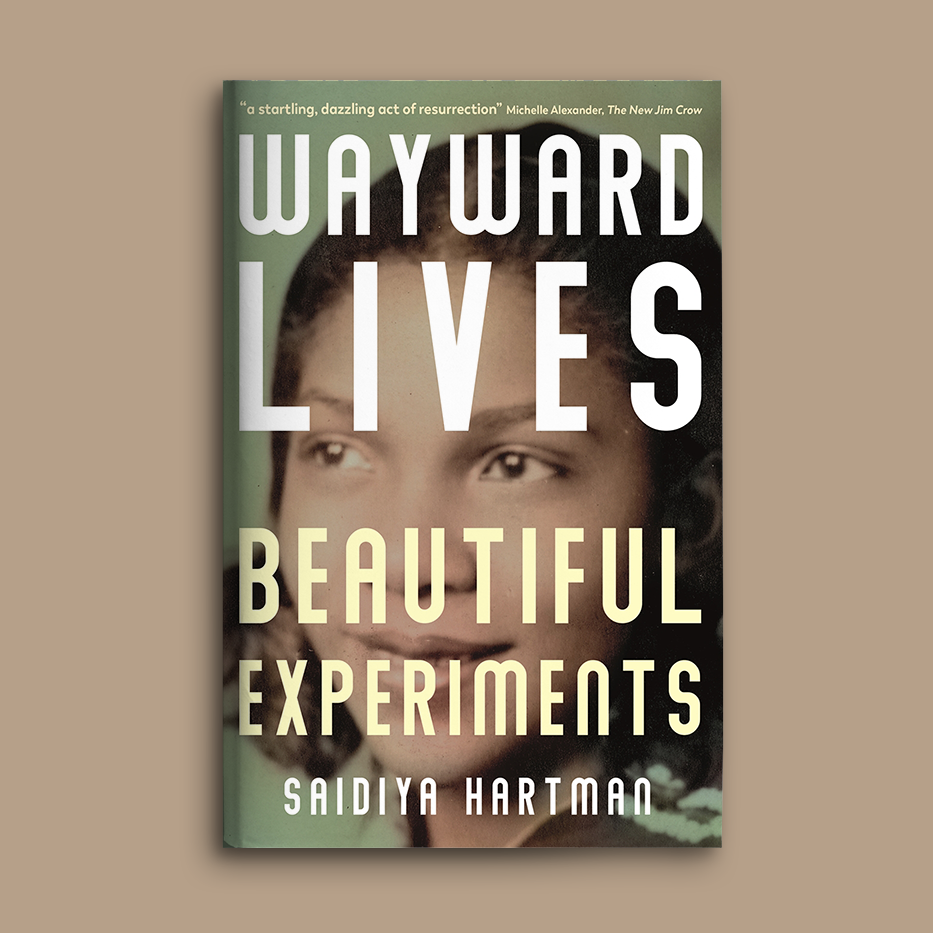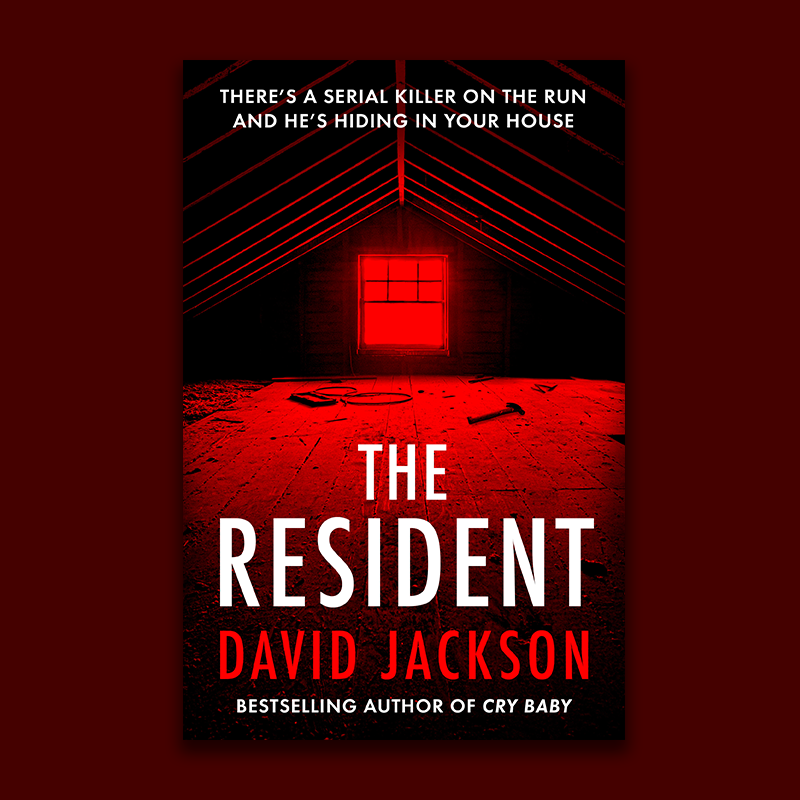
This week we’re celebrating the launch of our new crime imprint, Viper Books. Every day this week we’ll be sharing the first chapter of a new book on the list. Today we are introducing The Resident by David Jackson.
Join us on Twitter: @ViperBooks
The Resident
David Jackson
Thomas Brogan is a serial killer, and he has nowhere left to hide. At least until he finds an abandoned house at the end of a terrace on a quiet street. And when he discovers that he can access three other houses through the attic space, the real fun begins.
Because the one thing that Brogan enjoys even more than killing, is playing games with his victims. And his new neighbours have more than enough dark secrets to make this game his best one yet…
A new gripping and disturbing thriller…
Follow David Jackson on Twitter
Keep up with Viper Books

Monday, June 3. 11.49 PM
They’re here! They’ve come for us!
Not possible. How could they know?
Who cares? They know. What else could this be?
Brogan stared wide-eyed at the flashes of blue light bouncing crazily off the windows of the houses. No sirens, just the lights. They wanted to catch him by surprise.
We have to go. NOW!
Brogan raced back to the dining room. He grabbed his backpack and turned to the couple seated at the table.
‘It’s been a pleasure staying with you,’ he told them. ‘Thank you for your hospitality.’
He didn’t wait for a response. He moved swiftly to the kitchen, slid open the patio door and stepped into the night’s embrace.
He could hear urgent whispers and footsteps in the neighbouring garden to his left. He went right, hopped up onto a wheelie bin, then swung over the fence.
A torch beam sliced through the blackness and picked him out.
‘He’s here!’ yelled a voice. And then: ‘Police! Stay where you are! Down on the ground!’
Brogan knew that the copper was expecting him to either obey or flee. He did neither.
He ran straight at the approaching police officer, who yelped in surprise. Brogan kicked out, slamming his foot into the man’s chest, and sending him hurtling into the wall of the house behind. As the officer rebounded, Brogan drew back his fist. He did not pause to think, This is a policeman, and if I hurt him I will be in deep trouble. He didn’t worry that the man might have a wife or kids. He knew only that the uniform in front of him represented an obstacle to freedom.
And so Brogan let his fist fly, right into his opponent’s throat. Hit it so hard that it seemed the man’s windpipe was crushed against his spine.
As the officer collapsed to the ground, clutching his neck and spluttering, Brogan set off again. The voices were growing louder, closer. A noose was tightening around him.
He scaled the next fence with ease. Then the next, and the one after that. Lights came on. Dogs began barking. At one house, a man in pyjamas came out to see what the commotion was. He took one astonished look at Brogan and scurried back indoors.
Brogan kept going. He was fit and he was strong, and he didn’t worry about consequences. They would catch him one day, he knew that.
But maybe tonight would be his lucky night.
Tuesday, June 4. 1.46 AM
He stayed away from the main roads, knowing that they carried the most risk. But he also knew he couldn’t keep roving through the city’s capillaries for much longer. The police would be out in force, armed with his description and now a grudge for the harm done against a fellow officer.
The problem was where to hide. The Carter house had been perfect. They didn’t get any visitors – hardly any phone calls, for that matter. He was able to keep them company for days. Not that they appreciated it. A lodger like Brogan was the last thing any sane person wanted.
He wondered how the police had cottoned on to his presence. What error had he made?
I think it was the noise. You had that music system turned up really loud, you know.
Yeah, well, there was a good reason for that.
The stutter of helicopter blades yanked him back to the present. He looked skywards and saw the machine hovering overhead.
They’re looking for us.
Yes, yes, I know.
We need to find cover. Once they spot us, it’s over.
I know, damn it! Let me think.
He changed direction, seeking an escape from the centre of police activity. He didn’t know where he was. All the houses looked the same: row after row of small terraced properties, sleeping while swirls of rubbish danced on the pavement in front of them. The occasional shuttered pub or corner shop. Graffiti on the walls.
And then he saw it.
The abandoned end house, its windows and doors boarded up as if to reassure Brogan that it was willing to turn a blind eye and say nothing.
Brogan crossed the street and entered the alleyway adjoining the house. He scanned the area to make sure nobody was observing him from a window, then he leaped, clamped his hands onto the top of the wall, and pulled himself up.
He dropped down into a yard that had been concreted over many years ago. Now the surface was marbled with cracks, and waist-high weeds had shouldered their way up through them.
He made his way to the back door of the house and studied it in the weak moonlight. The boards covering it were made of plywood that had been screwed to the frame.
He slipped off his backpack and felt around inside. He had items in here that most people would never dream of toting around with them. He rejected a crowbar as being too noisy, and instead brought out a screwdriver. He spent the next few minutes carefully unscrewing the board covering the lower half of the door, dropping each screw into his pocket in case anyone should search the area. He liked to be thorough.
When he moved the board aside, he saw that the door itself looked sturdy enough, but that its lock was cheap and primitive. He took out his set of picks and had the door open in no time.
He left the upper boards in place, and ducked under them to enter the house. When he was inside, he pulled the lowermost board back into position and closed the door.
The darkness was total. Brogan slipped his hand once more into his pack, and pulled out his torch. He flicked it on and played its light over the door. He saw that it had hefty bolts at the top and bottom, and he slid both into place.
He turned, and saw that he was in a bare kitchen. There were no appliances here now. Just a sink, a few battered units, and a single wooden chair. He tried the light switch, but nothing happened. No surprise there. No gas either, probably. But what about water?
He walked to the sink and turned on both taps. Nothing, not even a single explosive spurt.
He searched the cupboards and drawers, and found some scouring pads, a half-empty bottle of bleach, a plastic jug with a crack running down its side, a rusty can-opener and a tin of nails and screws.
Great. All the things a man could ever want.
He found the stopcock beneath the sink, and tried opening it up, but his efforts were in vain. The water had obviously been disconnected at the mains in the street.
He did a quick survey of the rest of the house. He found a living room, dining room, bathroom, and two bedrooms. The only thing to get excited about was an old mattress left on one of the bedroom floors. Somewhere he could get some sleep. He suddenly realised how exhausted he was.
You can’t sleep yet.
Why not?
Your arms. Look at your arms.
Brogan rolled back his sleeves, then sighed.
He headed back downstairs. In the kitchen he turned off his torch, then opened the back door and moved away the board so he could clamber outside.
The air smelled sweet. In the distance he could hear the helicopter hunting for him. He would be safe here for a while. The danger would come when he needed to go in search of food and drink.
He followed the wall to the rear corner of the house. There was a rainwater barrel here – he had noticed it when he arrived. He leaned over and peered inside. The disc of the pale moon stared back at him from the still surface of the water. He doubted it would be safe to drink: the stagnant smell told him that much. But that wasn’t why he had come out here.
He plunged his arms into the water. Dark tendrils curled away from his flesh and swirled across the face of the moon as he washed off the blood of the couple he had murdered.
